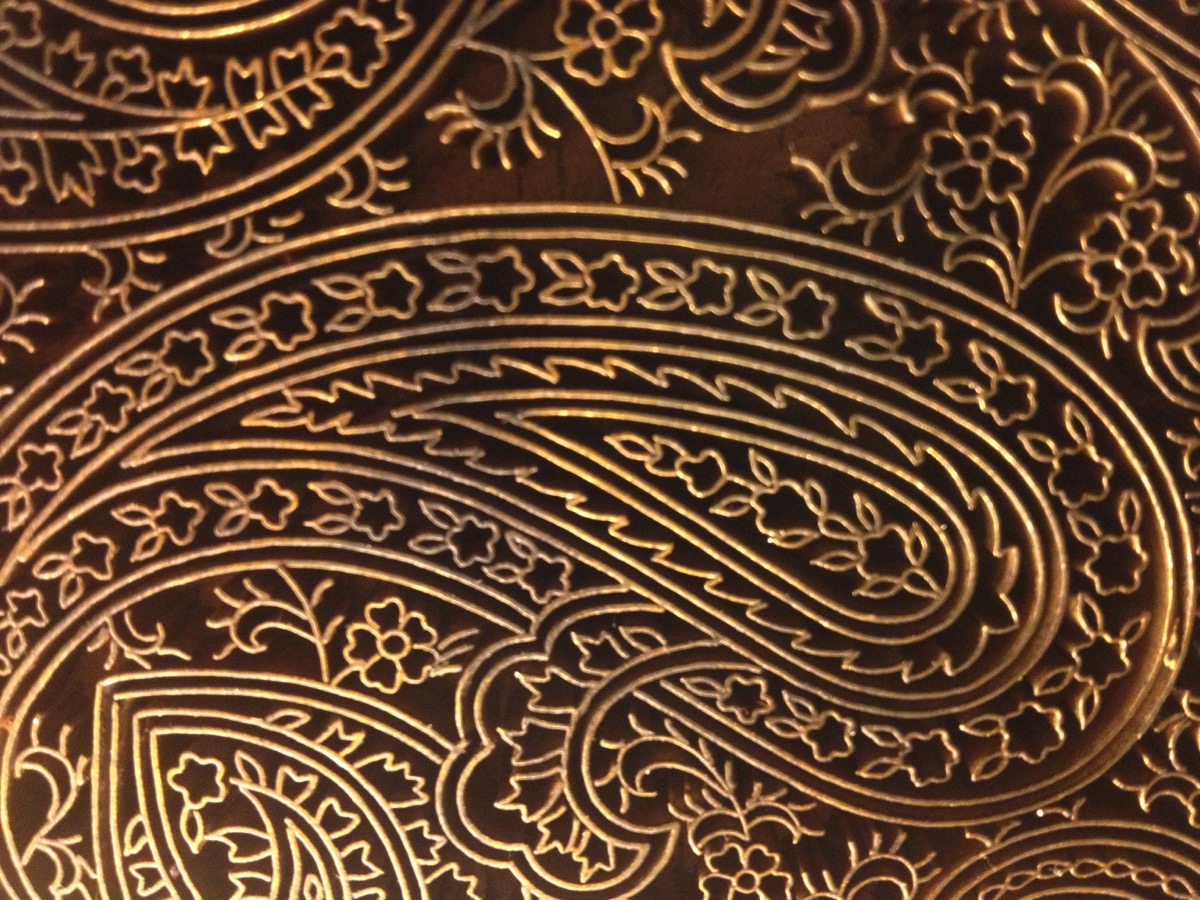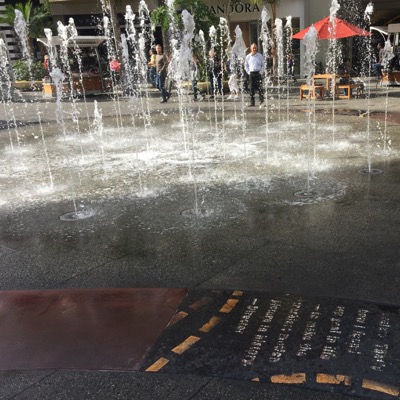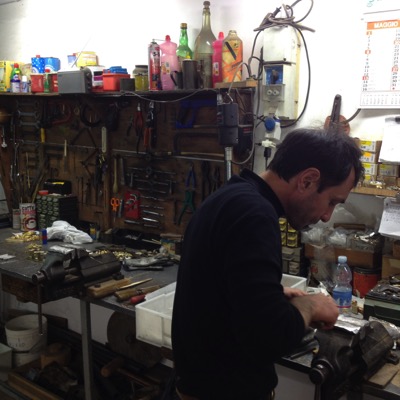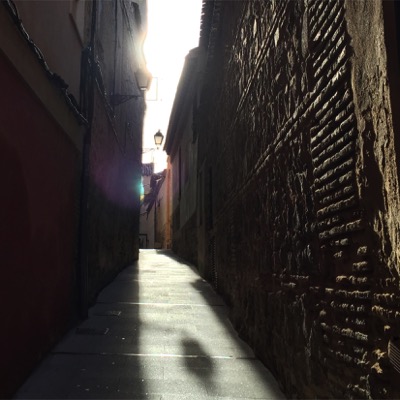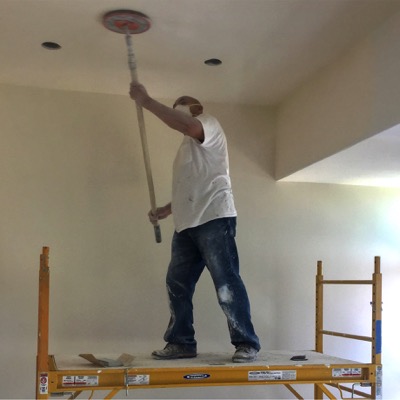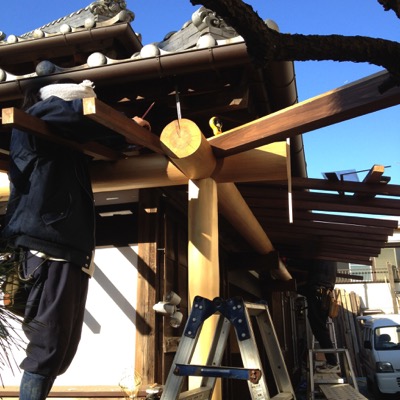India, along with the long history of the country itself, has a long history of cotton textiles.
This time, I had an opportunity to visit a traditional fabric dye workshop in a city called Jaipur. The hand-dye technique using wood blocks is now becoming very rare, even in India. Hand-printed patterns, unlike machine-printed ones, seem slightly “out of register”. One may say such misalignment enhances the “hand-crafted” feeling while another may associate it with a lack of skills––it depends on how each person perceives it.
Just like a relationship between a man and a woman, when you love something, you love everything associated with it, but when you hate something, you hate everything associated with it (laughs). There is no right or wrong–– it is just one’s subjective point of view.
In the world where machines continue to evolve day by day, I wonder what kinds of “handwork” should be preserved by human beings. In terms of “manufacturing”, it is highly possible to implement all processes using machines in the future, even if some people may feel nostalgic about handwork. Then, does it mean that handwork should only serve as a temporary substitute for yet-to-be-invented machines?
The answer is no. A person learns numerous things and develops himself/herself further through handwork. The mind and body are connected at a deep, subliminal level. Theoretically, some may say that such personal development can be supplemented by other methods. However, for a person like myself who has spent his life experiencing hardships and joys of handwork, the beauty and power of handwork are indispensable.
